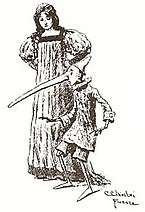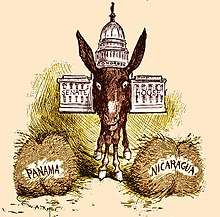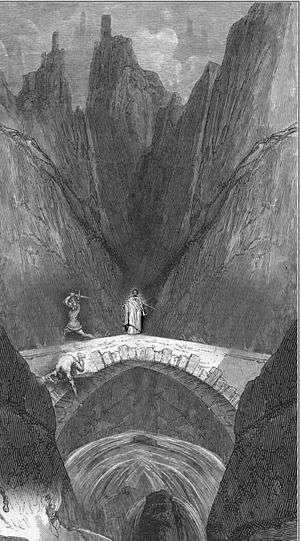Paradox of the Court
The Paradox of the Court, also known as the counterdilemma of Euathlus or Protagoras' paradox, is a paradox originating in ancient Greece. It is said that the famous sophist Protagoras took on a promising pupil, Euathlus, on the understanding that the student pay Protagoras for his instruction after he wins his first court case. After instruction, Euathlus decided to not enter the profession of law, but to enter politics instead, and Protagoras decided to sue Euathlus foher=Ancient History Encyclopedia |date=January 18, 2012}}</ref>
Protagoras argued that if he won the case, he would be paid his money. If Euathlus won the case, Protagoras would still be paid according to the original contract, because Euathlus would have won his first case. Euathlus, however, claimed that if he won, then by the court's decision he would not have to pay Protagoras. If, on the other hand, Protagoras won, then Euathlus would still not have won a case and would therefore not be obliged to pay. The question is then, which of the two men is in the right?
The story is related by the Latin author Aulus Gellius in Attic Nights.[1]
The paradox is often cited for humorous purposes to signal the ever-present "race of speciosity" between forensic and political categories.
See also
References
- Aulus Gellius, Attic Nights, book 5, chapter 10.


